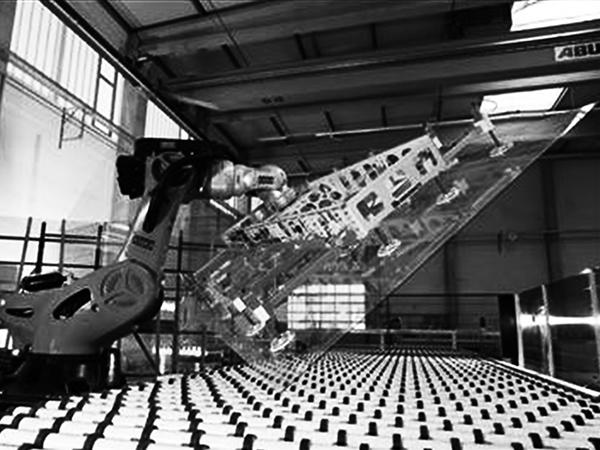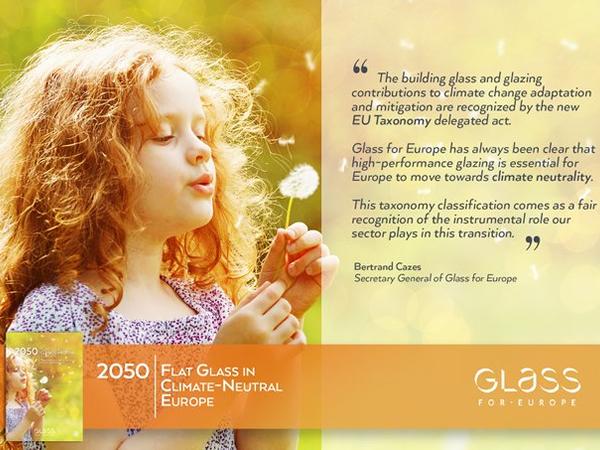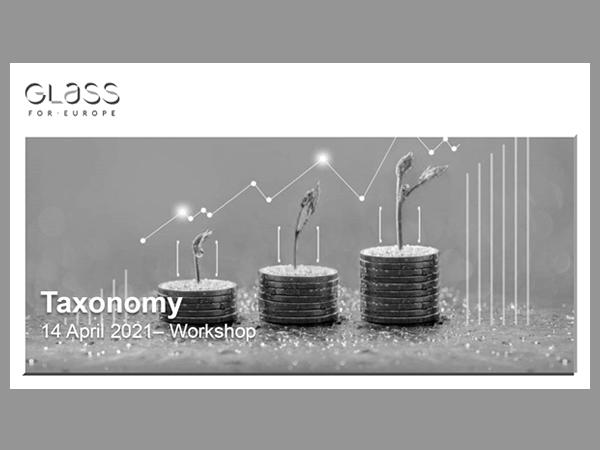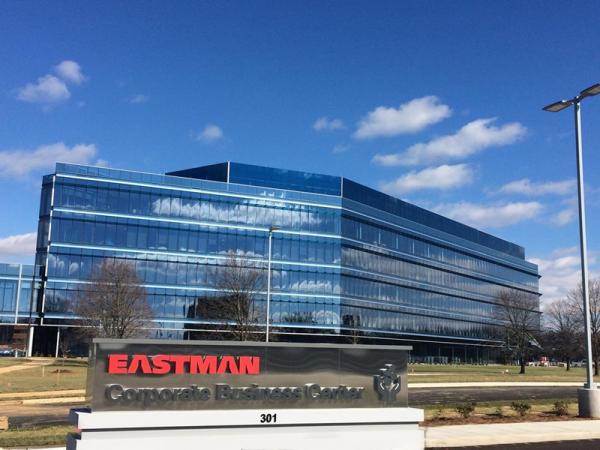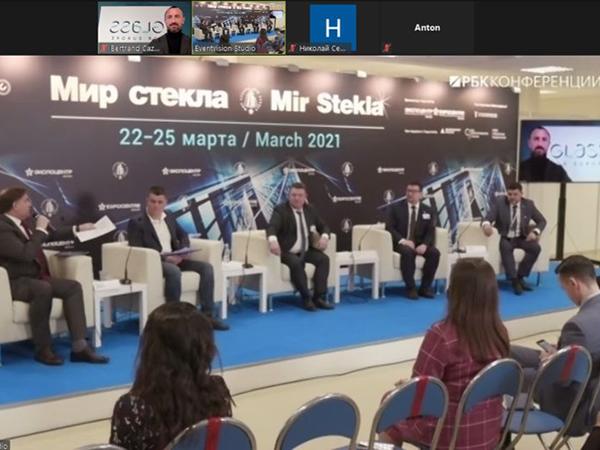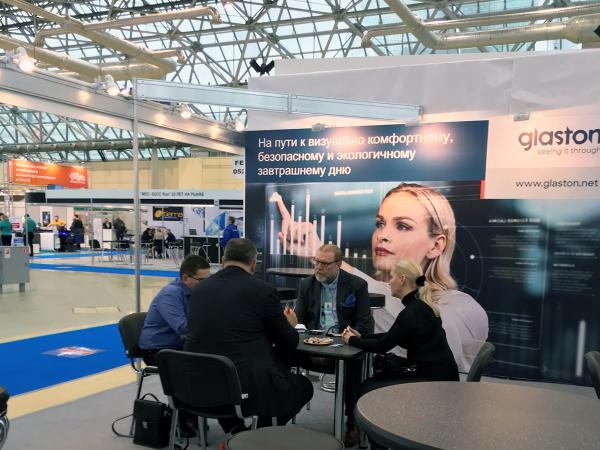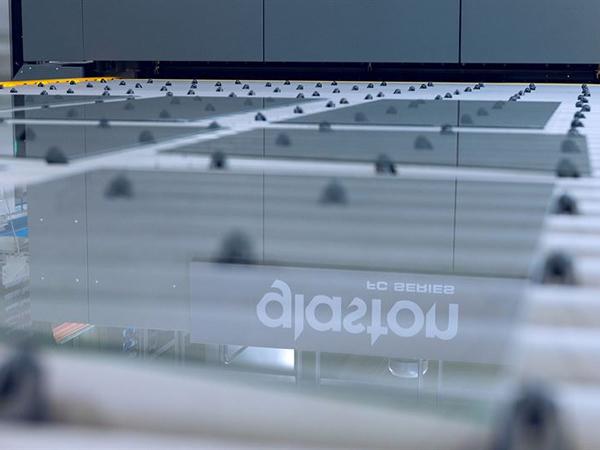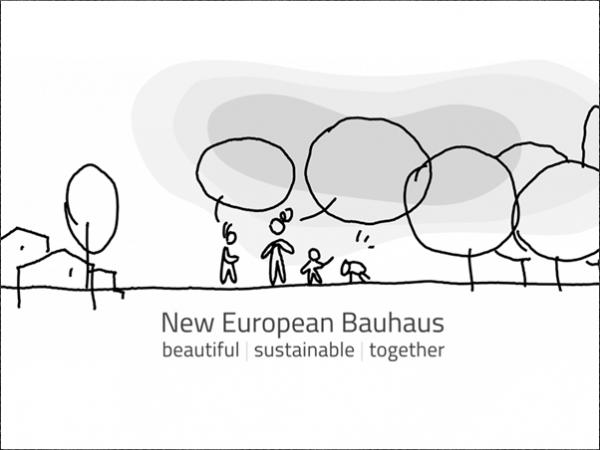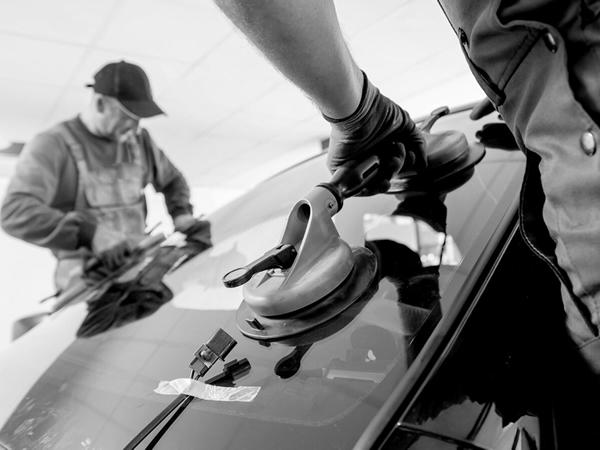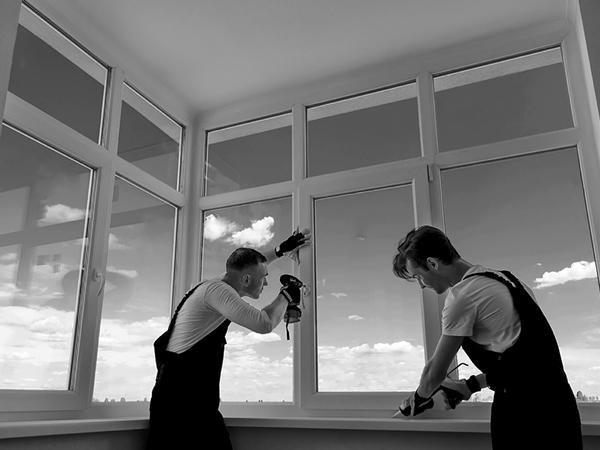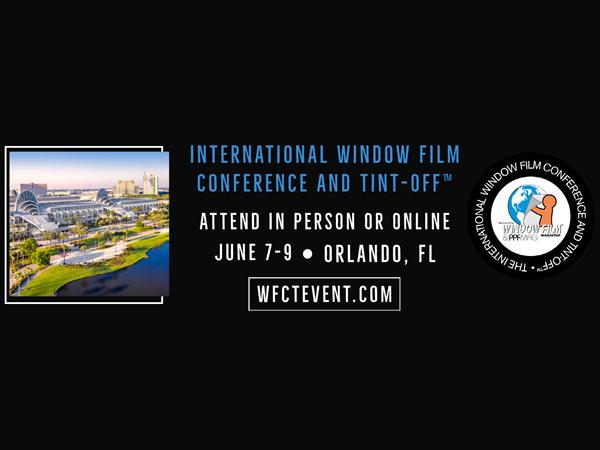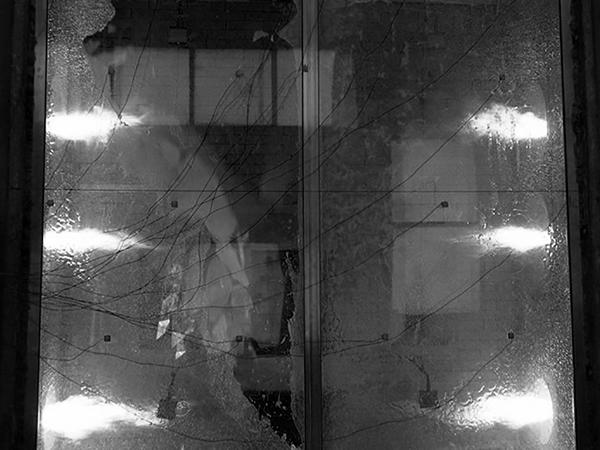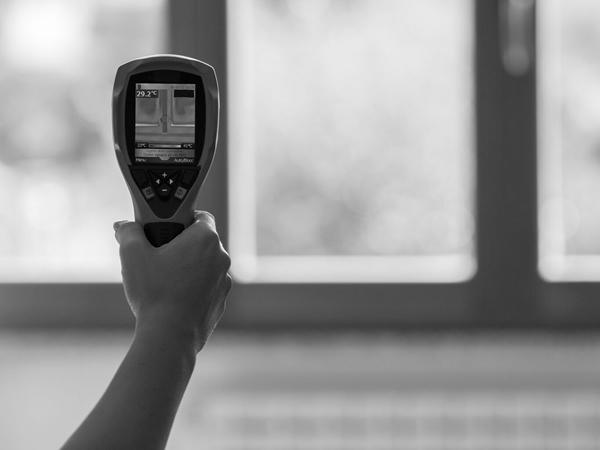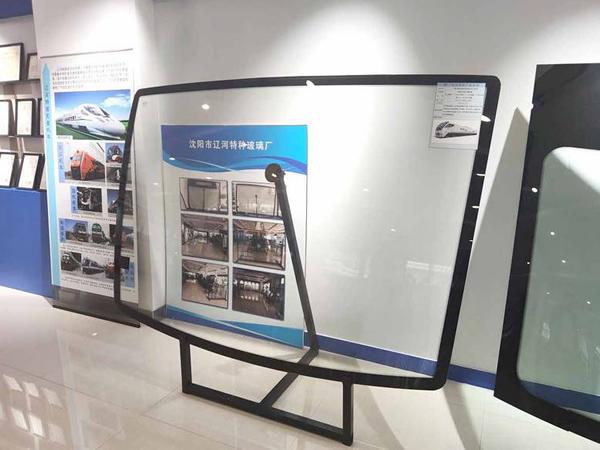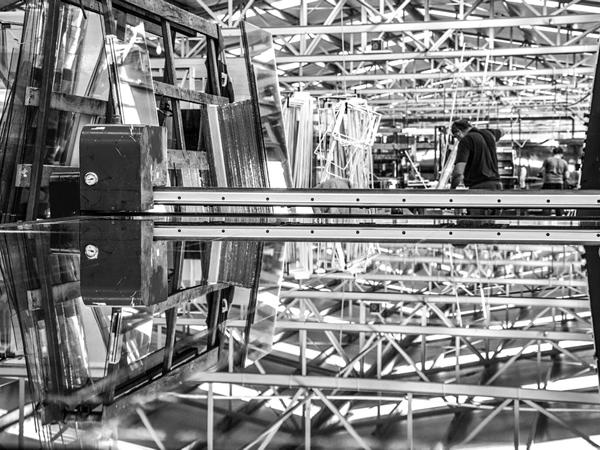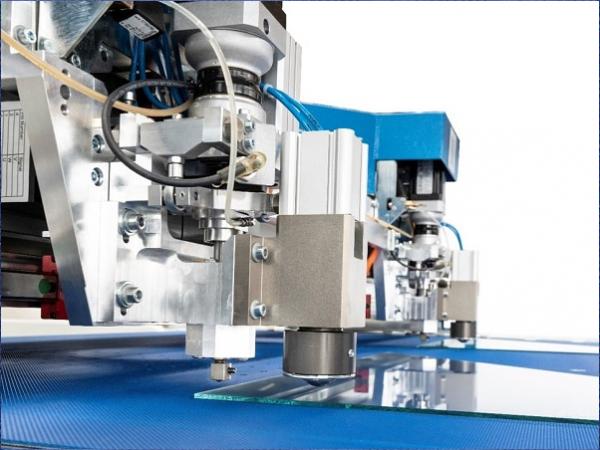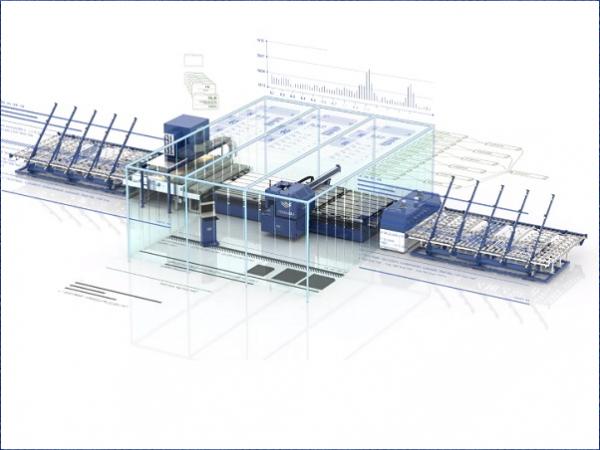Others also read
Yesterday, the European Commission released the update of the EU Industrial Strategy, firstly published in March 2020, just before the explosion of the COVID19 pandemic.
Glass for Europe has always been clear that high-performance glazing is essential for Europe to move towards climate neutrality. This EU Taxonomy classification comes as a fair recognition of the instrumental role our sector plays in this transition.
The significant attendance to the Glass For Europe workshop on taxonomy shows the issue is of high concern to the flat glass industry.
Polish Glass Manufacturers’ Federation, the national association of the Polish glass industry, is a new national partner of Glass for Europe.
Eastman Announces Investment to Upgrade and Expand Extrusion Capabilities for Interlayers Production
The investment will strengthen Eastman’s supply capability to respond to regional and global demand for Saflex® PVB products.
On March 22nd, Glass for Europe was virtually in Moscow for the 22nd edition of MIR STEKLA, the International Exhibition for Glass Products, Manufacturing, Processing and Finishing Technology.
The company’s representatives are looking forward to seeing you at Stand FE054.
In January 2020, Glaston announced its new group structure with business areas Glaston Heat Treament Technologies, Glaston Insulating Glass Technologies and Glaston Automotive & Emerging Technologies.
Glass for Europe contributed to the new European Bauhaus to highlight the importance of considering buildings in all their dimensions and to promote a people-centred approach to architecture.
The European automotive glass industry is concerned by the increasing number of national certification schemes for automotive glass put in place worldwide.
To materialize, the Renovation Wave needs to be backed by an ambitious revision of both the Energy Efficiency Directive and the Energy Performance of Building Directive.
The final program for the industry’s only worldwide event that brings together all segments of the window, security, decorative and paint protection film industries under one roof.
On 19 February, Glass for Europe hosted its first online workshop on Reaction to fire for national partners.
Glass for Europe answered to both the EED and RED consultations highlighting the importance of ensuring synergies with the other Green Deal initiatives, such as the Renovation Wave.
Because Trosifol® Spallshield® CPET laminates are glass/plastic composites, they combine the best features of glass with those of plastic, resulting in glazing, which is very lightweight, thin and strong.
Glass for Europe answered today to the consultation on the EU ETS update in light of the revision of the European Climate targets.
Developing effective plans to replace inefficient windows is a key element of a sustainable and green recovery.
Designed and refined to deliver obscuration bends for windshields, sidelites and backlites, Fenzi’s Tempver Automotive line consistently meets the needs of automotive glass manufacturers.
Glaston has closed a follow-up deal with Lippert Components Inc. for an automotive pre-processing line and an insulating glass line.
Glass for Europe welcomes a new National Partners, BV Glas, the Federal Association of the German Glass Industry.
Topics address enhanced acoustic, signal-friendly solar films, and augmented reality enabling head-up display advanced interlayers.
Glass for Europe considers that its manufacturing activities should be covered under the taxonomy with adequate technical screening criteria.
In January 2020, Glaston announced its new group structure with business areas Glaston Heat Treatment Technologies, Glaston Insulating Glass Technologies and Glaston Automotive & Emerging Technologies.
Glass for Europe joins the call of Renovate Europe to increase the energy performance standards for the renovation of buildings in the taxonomy delegated act.
Show Room Automotive Glass Mass Production.

